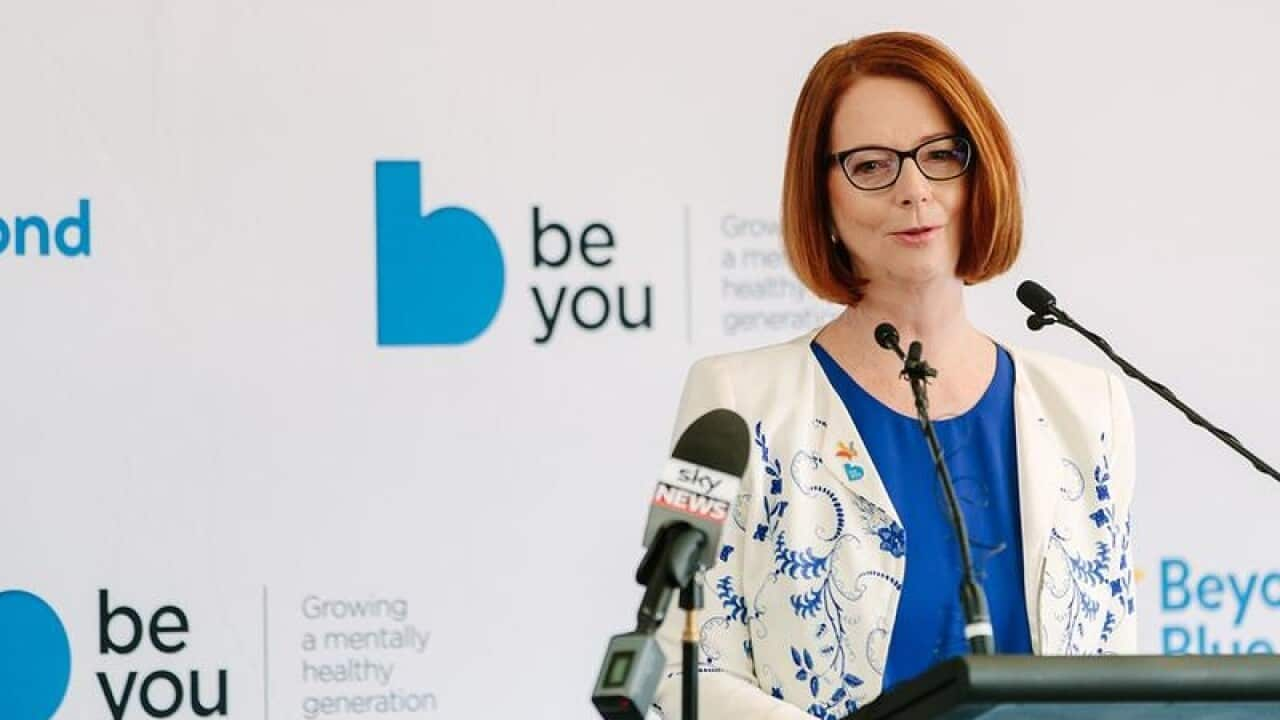As Australian children get stuck into a new school year their teachers will be primed to detect if they are struggling emotionally.
The vast majority of educators believe mental health issues are a key concern for their pupils but almost half of teachers surveyed say it's difficult to know when it is appropriate to offer young people support.
A Beyond Blue survey of 431 teachers and early learning educators found 86 per cent think mental health issues are among the top three health concerns for children.
That compares to 65 per cent nominating obesity and 54 per cent who named drug and alcohol abuse.
But nearly half of those surveyed (46 per cent) said it was difficult to know when was the right time to provide support to young people.
Nevertheless, almost two-thirds said they had the confidence to address the mental health needs of their students - although nearly half said they needed tools to help them do so.
The findings come as former prime minister and Beyond Blue chairwoman Julia Gillard returns to her Adelaide high school on Tuesday to mark its participation in a program aimed at helping educators nurture the mental health of their pupils.
Through the program, principals, teachers and early learning educators are given free access to online training and information and can glean advice from 70 expert staff across the country.
Ms Gillard's alma mater, Unley High School, is among 4400 schools and early learning centres that have signed up to the Be You program since it was launched by Beyond Blue in November.
Ms Gillard says the latest figures show teachers overwhelmingly want to support their students' wellbeing.
"Educators understand that mentally healthy kids learn better, that academic learning goes hand in hand with social and emotional learning, and that mentally healthy learning communities achieve the best outcomes for everyone - students, staff and families," she said.
About 560,000 young Australians experience a mental health issue each year with half of all mental health issues emerging before the age of 14.
Beyond Blue chief executive Georgie Harman said that makes it important for people to receive support early, with teachers often being the first to notice when something isn't right with a child.
Lifeline 13 11 14
beyondblue 1300 22 4636









